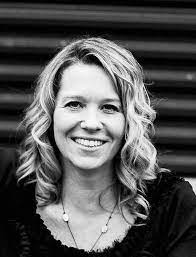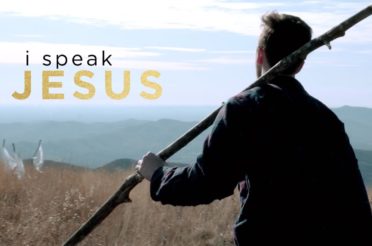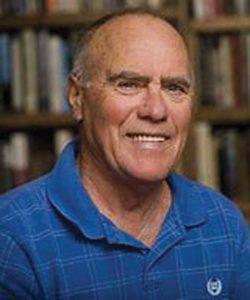By Roger Barbee
Every morning when I ride the stationary bike, I used a worn, blue belt to hold my knees together. The belt keeps my paraplegic legs from flopping about and being hit by my hands as I crank the wheel. The belt belonged to Bill Foley, who I had the honor of coaching when he wrestled at Bishop Ireton in Alexandria, VA. in the early 1970’s.
Today his brother Ward called to tell me that Bill had died earlier in the morning in his Mt. Crawford home.
Bill Foley was an outstanding wrestler who won both major tournaments his senior year for which he was eligible . In the St. Albans finals he defeated a defending champion and in the Virginia Independent State Tournament, a week later, he defeated the defending national prep champion.. Those two tournaments personified Bill as a wrestler
But Bill was so much more than a wrestler who worked to achieve success on the mat. He was a gentle, kind young man who studied academics and wrestling. He cared about his peers and teammates. He helped coach younger wrestlers in our room, setting an example. After graduating from James Madison University he, not surprisingly, became a counselor. He continued helping others.
After Bill graduated from BI our paths separated, but years later when his baby brother and he were inducted into the BI Athletic Hall of Fame, he asked me to introduce him. Wrestling, once again, connected us, and at the induction we discovered that we lived a few miles apart in the Shenandoah Valley. By then the Parkinson’s was present in Bill’s body, but not obvious. He and I, however, determined to stay in touch this time; we did.
During those years, Bill not only learned how to live with Parkinson’s, but his wife, Cecilia, died of cancer. Bill continued living as he had wrestled: Dedicated to his children and grandchildren and a right-way life. One day he phoned me to tell me that he wanted to purchase some summer clothes; I drove to his home, and we went shopping. I enjoyed advising him of colors and styles- feeling much like I had done as his coach, knowing all along that he knew what to do, but was allowing me to speak. After choosing new shorts and shirts, he chose a new belt, and his old, blue belt ended up in my car. When I discovered it some days later I told Bill, but he said he didn’t want it. That is how I began using it for my stationary rides. But as odd as it seems to me, on the morning of Bill Foley’s death, I felt puny, out of sorts, and decided not to ride, not to have Bill Foley’s Belt around my knees, helping me in my workout.
In 1896 A.E. Housman’s tribute to a village athlete, To an Athlete Dying Young, was published. The young man celebrated in the poem ran a race that Housman describes as “The time you won your town the race”, and Bill, like the athlete in the poem, won championships for his family, his school, and finally for himself. However, this morning, Bill, like the young runner of Housman, came to “the road all runners come.” Now, we honor Bill like the young athlete who was celebrated in Housman’s words, “Shoulder-high we bring you home.” For years you carried us; now we do the same for you.







